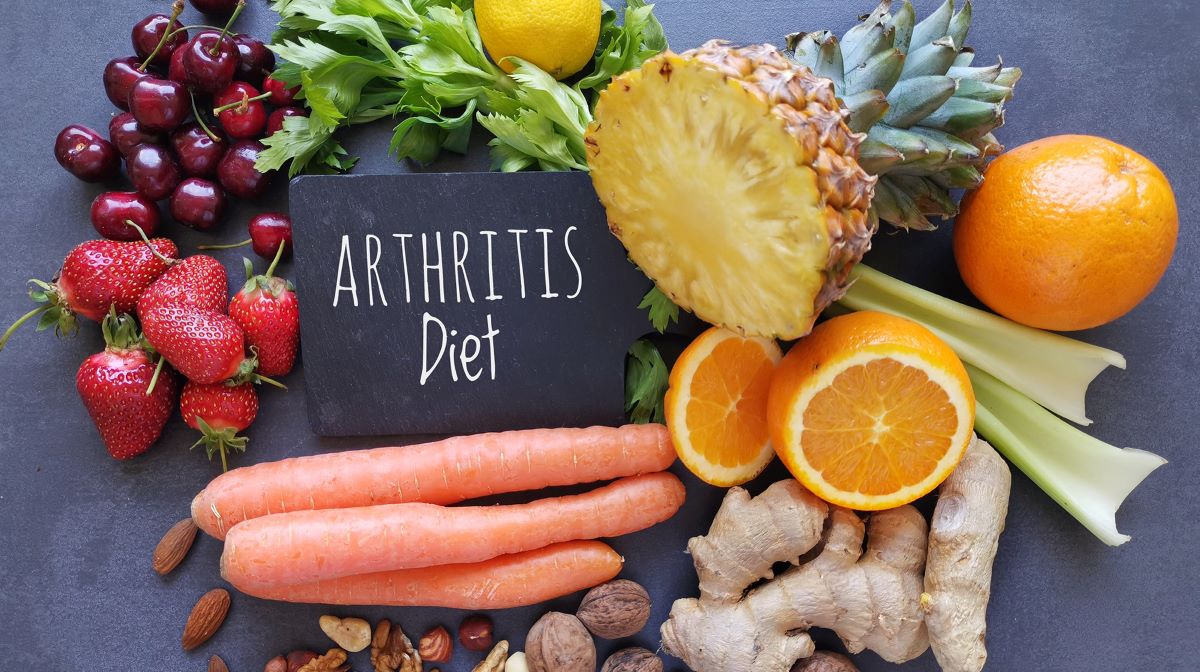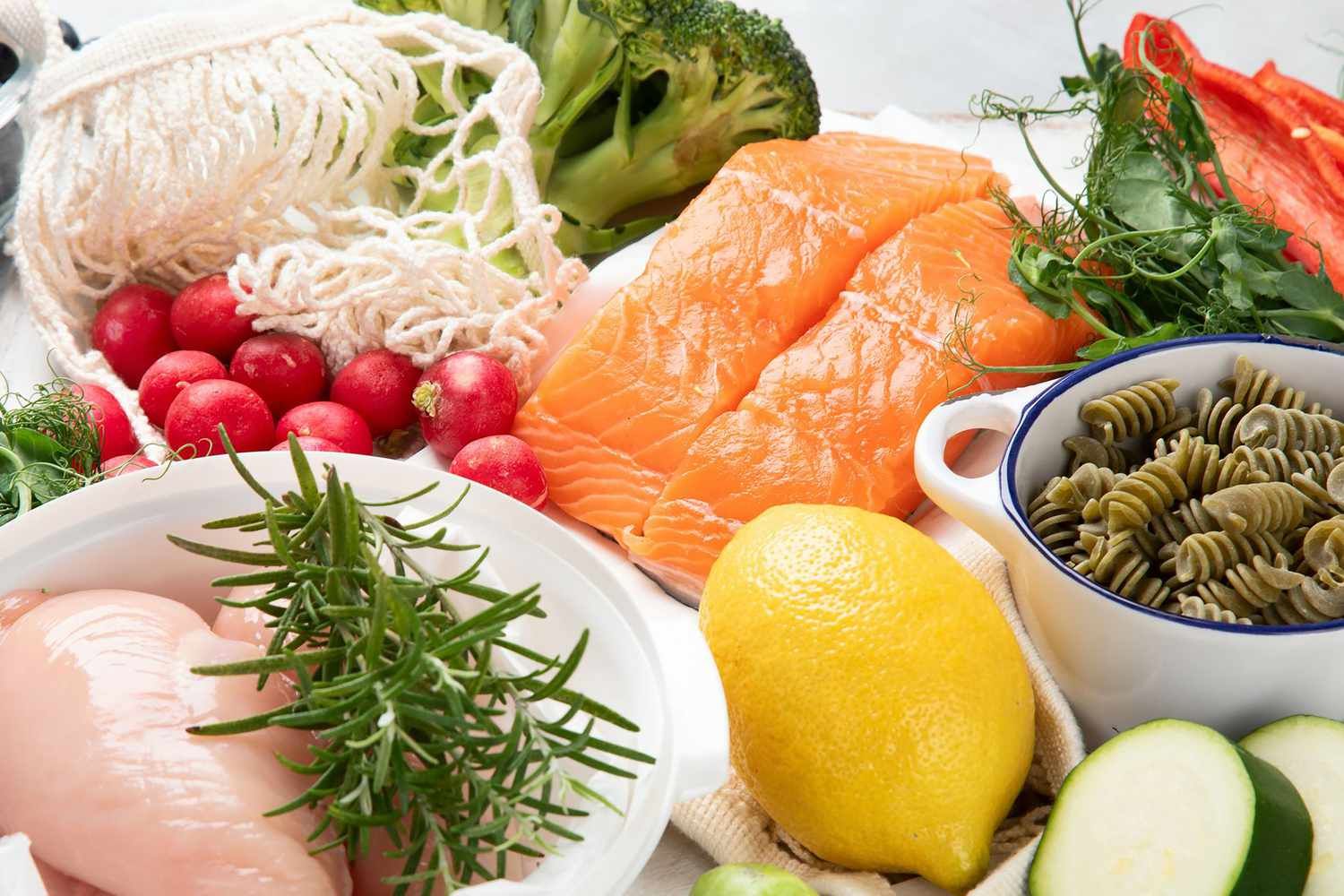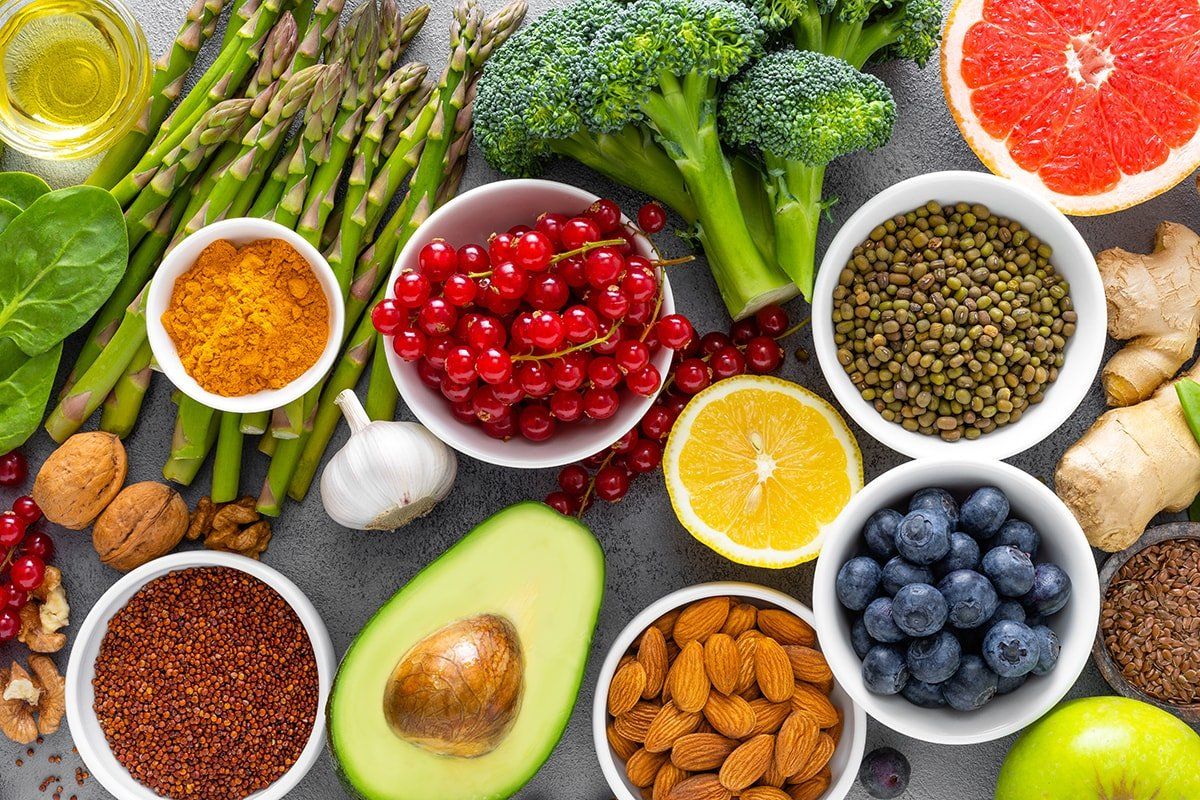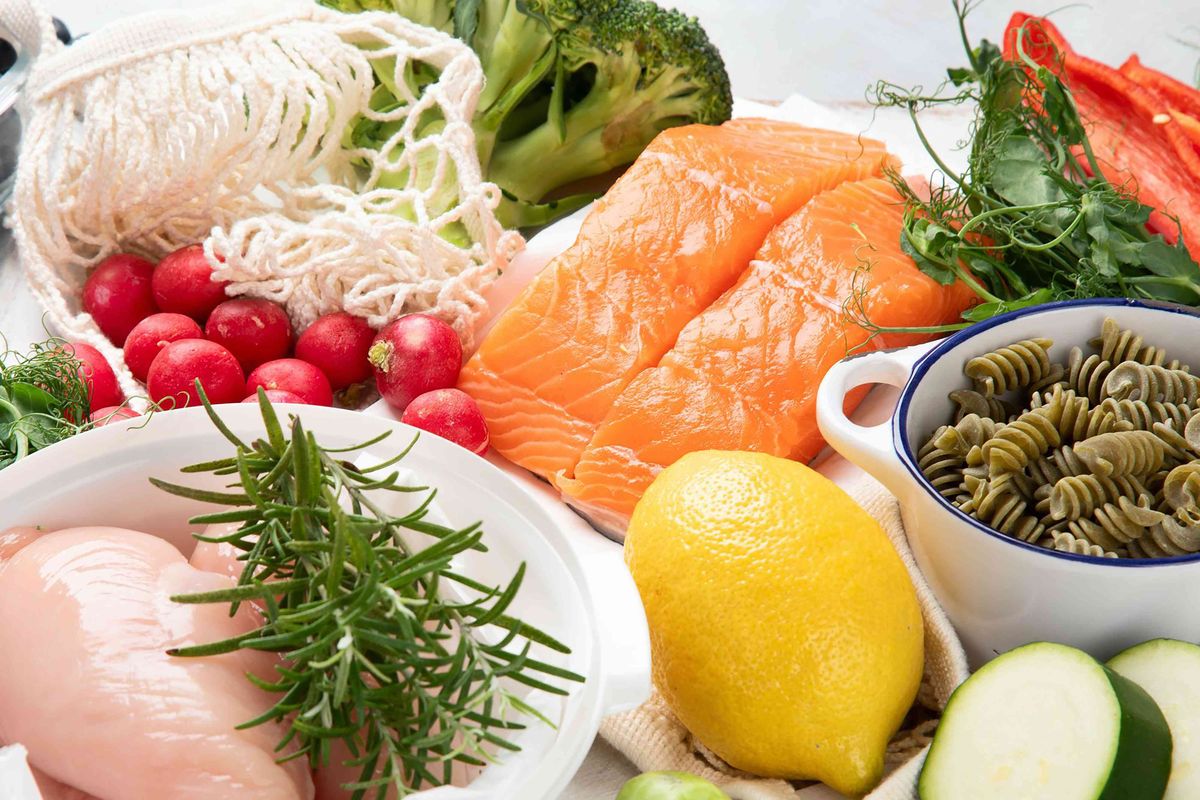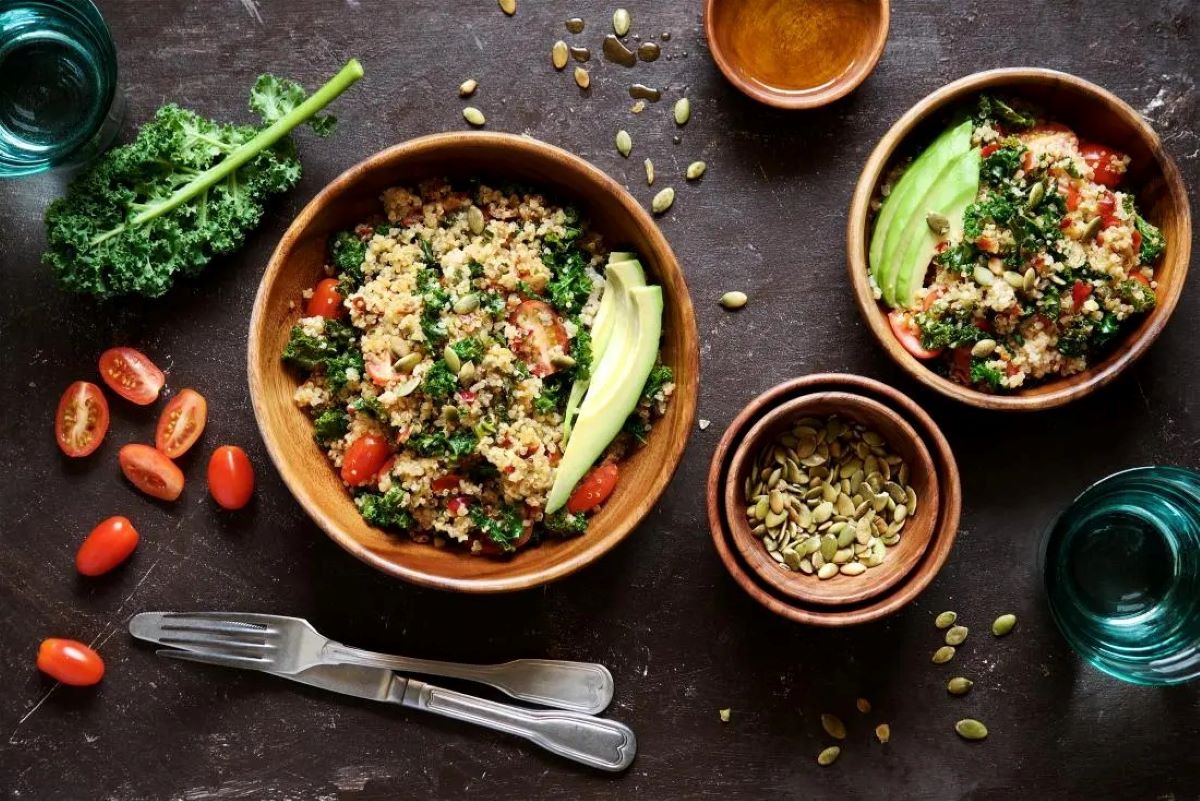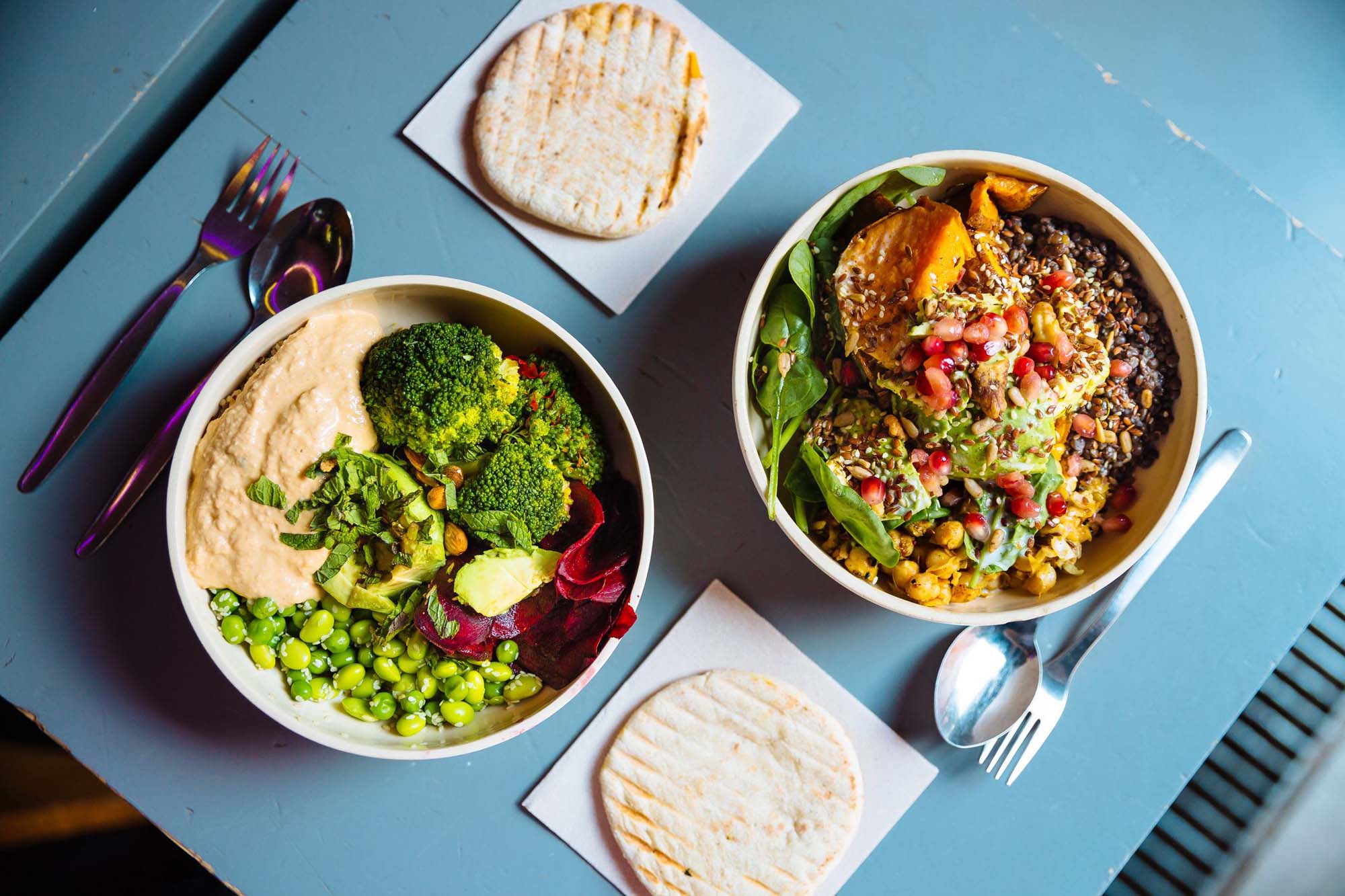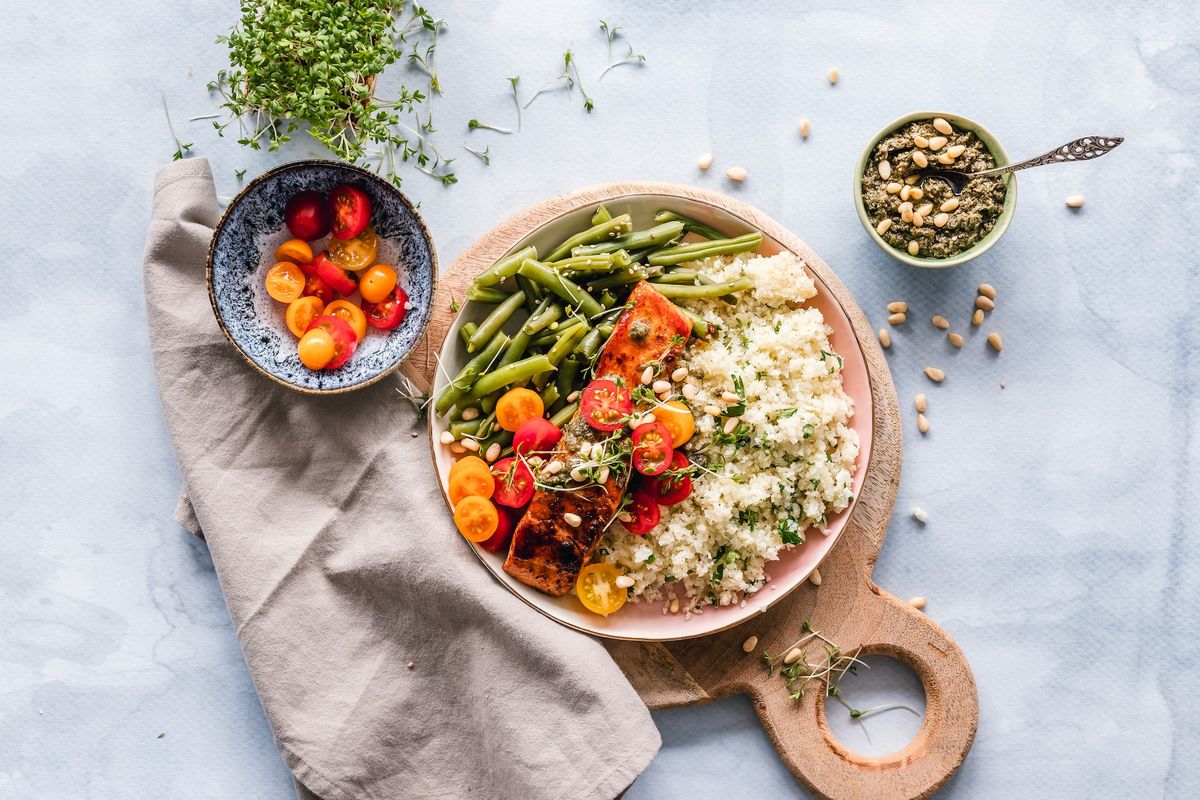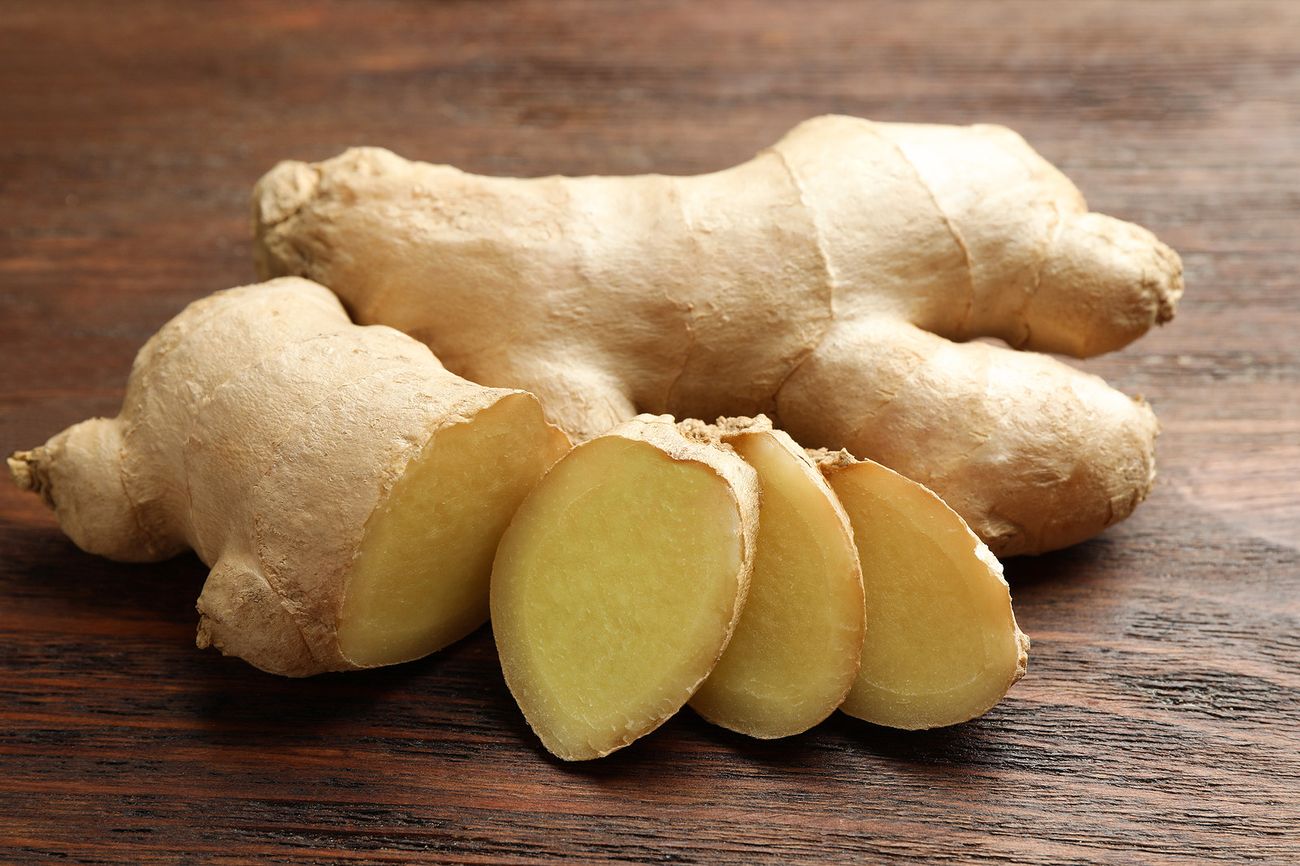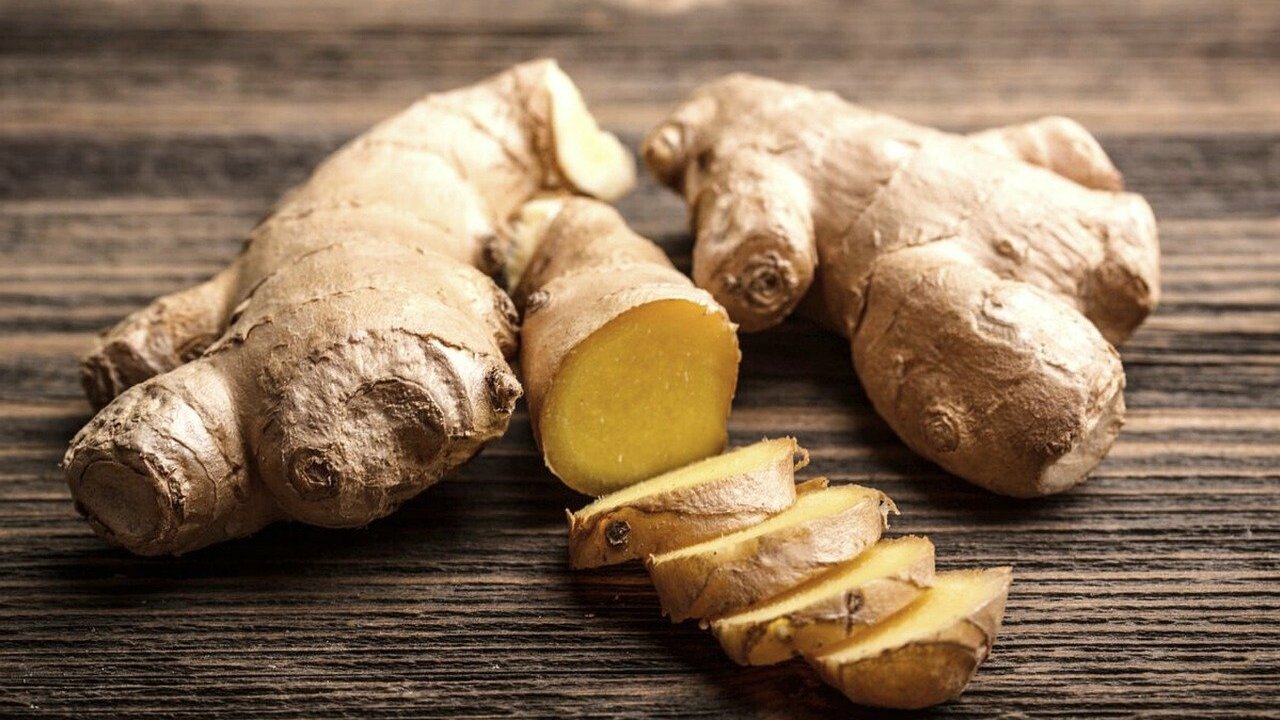Understanding Inflammation and Its Impact on Health
Before we dive into the specifics of an anti-inflammatory diet, it’s important to understand what inflammation is and how it affects our bodies. Inflammation is the body’s natural response to injury or infection, and it plays a crucial role in the healing process. However, when inflammation becomes chronic, it can lead to a host of health issues, including heart disease, diabetes, and autoimmune disorders.
The Role of Diet in Managing Inflammation
One of the most powerful tools we have to combat chronic inflammation is our diet. Certain foods have been shown to either promote or reduce inflammation in the body, making dietary choices a key factor in managing inflammation and promoting overall health.
Key Components of an Anti-Inflammatory Diet
So, what exactly should you be eating to combat inflammation? Here are some key components of an anti-inflammatory diet:
- Omega-3 Fatty Acids: Found in fatty fish, flaxseeds, and walnuts, omega-3 fatty acids have been shown to have anti-inflammatory properties.
- Colorful Fruits and Vegetables: Brightly colored fruits and vegetables are rich in antioxidants, which can help reduce inflammation in the body.
- Healthy Fats: Foods like avocados, olive oil, and nuts contain healthy fats that can help lower levels of inflammation.
- Whole Grains: Opt for whole grains like brown rice, quinoa, and oats, which are rich in fiber and can help reduce inflammation.
- Herbs and Spices: Turmeric, ginger, and cinnamon are just a few examples of herbs and spices that have been shown to have anti-inflammatory effects.
- Probiotics: Foods like yogurt, kefir, and sauerkraut contain beneficial probiotics that can support gut health and reduce inflammation.
Foods to Avoid
In addition to incorporating anti-inflammatory foods into your diet, it’s also important to limit or avoid foods that can promote inflammation. These include:
- Processed Foods: Foods high in refined sugars and unhealthy fats can contribute to inflammation in the body.
- Trans Fats: Found in many processed and fried foods, trans fats can trigger inflammation and increase the risk of chronic diseases.
- Excessive Alcohol: While moderate alcohol consumption may have some health benefits, excessive drinking can lead to increased inflammation.
- Highly Processed Meats: Processed meats like hot dogs, bacon, and sausage contain additives and preservatives that can contribute to inflammation.
Putting It All Together
Creating an anti-inflammatory diet doesn’t have to be complicated. By focusing on whole, unprocessed foods and incorporating plenty of fruits, vegetables, and healthy fats, you can help reduce inflammation in your body and support overall health. Remember, small changes to your diet can have a big impact on managing inflammation and promoting wellness.
It’s important to note that while an anti-inflammatory diet can be a valuable tool in managing inflammation, it should be part of a comprehensive approach to health that includes regular exercise, stress management, and adequate sleep. By taking a holistic approach to wellness, you can support your body in its efforts to combat inflammation and promote long-term health.
So, the next time you’re planning your meals, consider the impact that your food choices can have on inflammation in your body. By making mindful choices and prioritizing anti-inflammatory foods, you can take an important step toward supporting your overall health and well-being.


